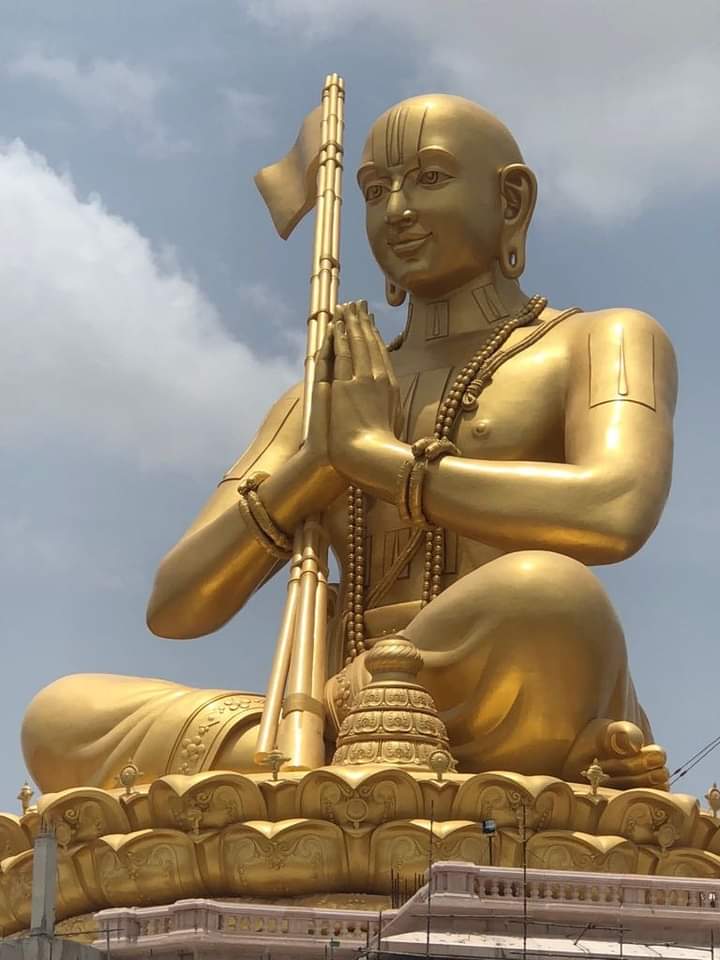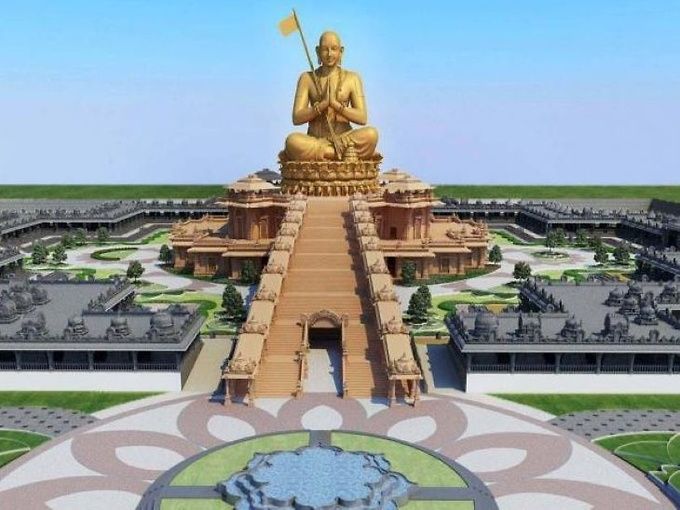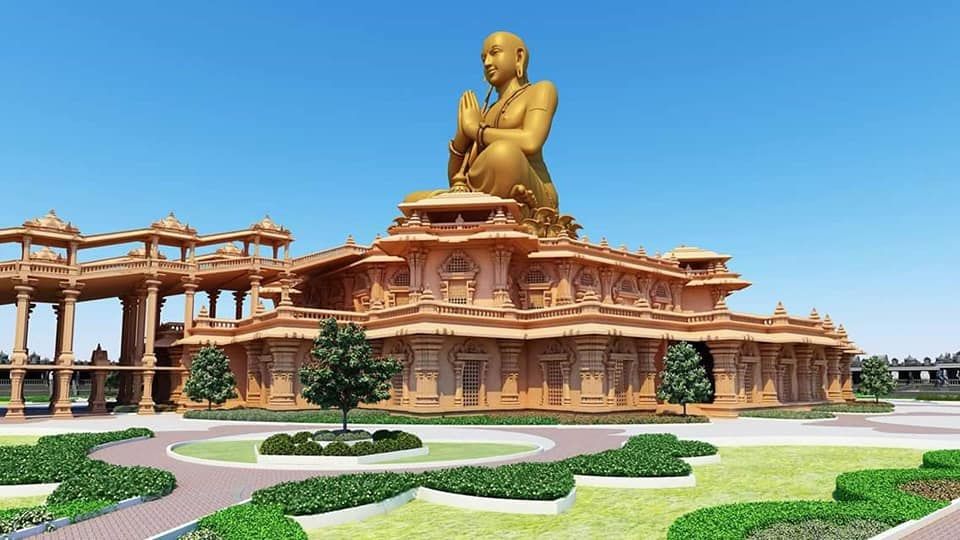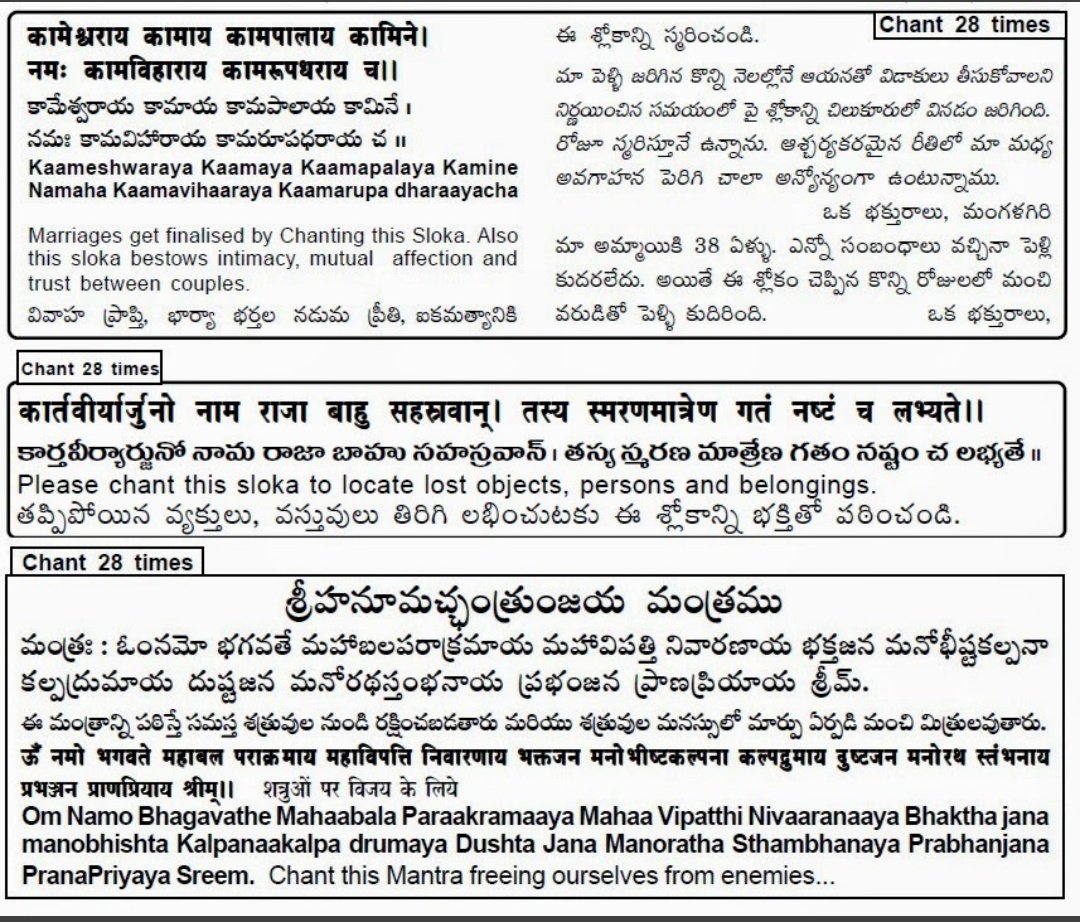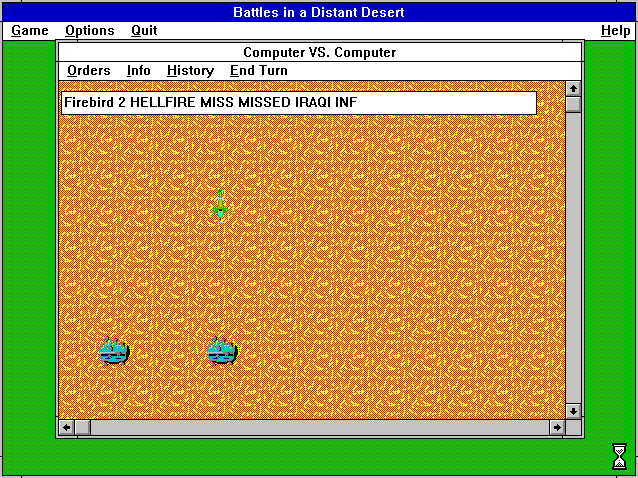Ācārya Abhimānam (taking spiritual refuge in a preceptor/teacher/ācārya) is greatly lauded by Svāmī Pillai Lokāchārya in the Śrīvāchāna Bhūṣaṇam while laying out the nuts and bolts of the process.
Svāmī establishes in Sūtram 461 that it's another one of Viṣṇu's . . .

Here, the fourth Thiruvantāḍi, pāsuram 89, is quoted to prove the efficacy of . . .
Now, what scriptural sources are considered the authorities of Ācārya Abhimānam? Svāmī Lokāchārya in Sūtram 460 mentions four. First, he mentions pāsuram 10:10 of Āndāl's Nacchiyār Thirumozhi . . .
The second pāsuram that Svāmī Lokāchārya cites as an authority is the 18th one of the Fourth Thiruvantāḍi.
The third pāsuram that Svāmī Lokāchārya cites as an authority is the 65th one of Svāmī Ālavandār's Stotra Ratnam. This one reads: "Grant me your grace regardless of my own . . .
The last pāsuram that Svāmī Lokāchārya cites as an . . .
More from All
You May Also Like
I think a plausible explanation is that whatever Corbyn says or does, his critics will denounce - no matter how much hypocrisy it necessitates.
Corbyn opposes the exploitation of foreign sweatshop-workers - Labour MPs complain he's like Nigel
He speaks up in defence of migrants - Labour MPs whinge that he's not listening to the public's very real concerns about immigration:
He's wrong to prioritise Labour Party members over the public:
He's wrong to prioritise the public over Labour Party
One of the oddest features of the Labour tax row is how raising allowances, which the media allowed the LDs to describe as progressive (in spite of evidence to contrary) through the coalition years, is now seen by everyone as very right wing
— Tom Clark (@prospect_clark) November 2, 2018
Corbyn opposes the exploitation of foreign sweatshop-workers - Labour MPs complain he's like Nigel
He speaks up in defence of migrants - Labour MPs whinge that he's not listening to the public's very real concerns about immigration:
He's wrong to prioritise Labour Party members over the public:
He's wrong to prioritise the public over Labour Party


